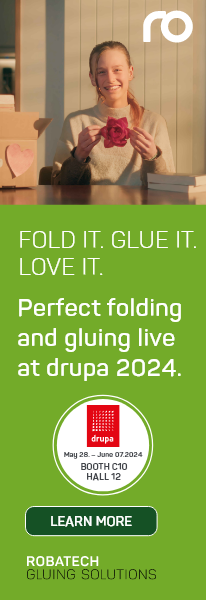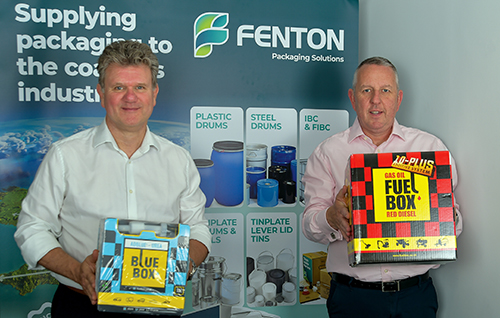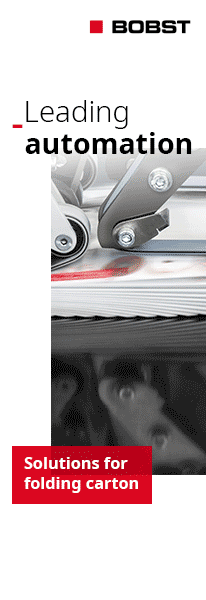The UN bag-in-box (BiB) containers from Fenton Packaging Solutions offer a sustainable flatpack alternative to traditional rigid bulk liquid packaging. BiB provides all the benefits of a rigid container coupled with flexible sustainability in respect of transportation and storage requirements.
“Swapping to bag-in-box delivers major benefits, reduces costs, and improves a carbon footprint of a business,” says Chris Warren, Sales Development Director, Fenton Packaging Solutions, which is based at the Kinetic 45 development in Leeds. “Prior to filling, BiB saves up to 40% in warehouse capacity and takes up 90% less transport space, when compared to rigid alternatives. In addition, BiB creates 60% less non-recyclable waste. The plastic reduction is dramatic, as a typical 20 litre UN jerrycan weighs in at around 1,100 grams whereas a 20 litre UN bag with closure weighs in at just 110 grams – potentially offsetting some of the costs associated with the recently introduced 2022 Plastic Packaging Tax. The advantages don’t stop there. BiB is lighter in weight and easy to handle, plus there’s less risk of spillage when pouring and when using a tap, it is drip-free.”
He continues, “The pallet quantity of bags changes the requirements for a business’s incoming logistics, moving and handling, warehousing, filling, and packing for onward distribution. Using BiB significantly reduces the time and cost associated with the handling of rigid plastic packs. BiB is available in 5 litre, 10 litre and 20 litre sizes, but as a comparison, one pallet of 10 litre UN bags contains 3,000 bags which is different to the pallet quantity for 10 litre UN jerrycans. It is the cost of acquisition that is interesting to companies adopting BiB products combined with the benefits available to their end customers when the pack enters its end-of-life phase.”
The sustainability advantages of BiB over rigid containers are clear. BiB packs consist of a corrugated box which is easy to recycle once the product has been emptied and a plastic co-polymer cube-shaped bag with gland and closure which weighs in at about 10% of the weight of the equivalent capacity jerrycan. The corrugated goes into one waste stream and the bag will go into another recycling stream where it exists for the recycling of co-polymer containers. If the bag cannot be recycled, it can be processed on the waste to energy ticket.
“Fenton Packaging Solutions is our chosen and exclusive partner in the UK market, to represent our flexible packaging and our special UN bag-in-box concept,” says Helena Bysell, Sales and Marketing Director, CDF Corporation/Quadpak AB. “Fenton Packaging Solutions has the knowledge and experience of bag-in-box packaging also for challenging products such as chemicals and other non-food applications, and with a nationwide sales team, the company provides excellent service, support and reliability to customers across the UK.”
“Most people are familiar with the BiB packaging format, as it has been used in the food industry for many years, for milk, wine, beer and cider,” says David Wilson, Purchasing and Operations Director, Fenton Packaging Solutions. “BiB is also used in the foodservice sector to supply bulk quantities of product on a B2B basis. But industrial companies in the detergents, oils & lubricants and more recently the coatings & inks sectors are now considering alternative packs to the traditional rigid plastic jerrycan, with UN BiB being viewed as an alternative to rigid plastics. As a consultative business, we are keen to direct our customers to more sustainable packaging solutions and we are recommending BiB as an alternative to existing, traditional rigid packaging.
He concludes, “The high cost and difficulty of disposal of rigid plastic containers at our end-customers is driving interest, as swapping to BiB supports both the OEM and end-customers’ sustainability goals. Early adopters already include oils and lubricants companies, ad blue producers, professional detergent companies, and more recently manufacturers of coatings. UK-based filling machine producers exist, and production equipment is available to support both medium to large volume filling of BiB containers. We are receiving an increasing number of enquiries about BiB for industrial applications, where a UN container is required and as such are talking to companies in a variety of industry sectors.”




